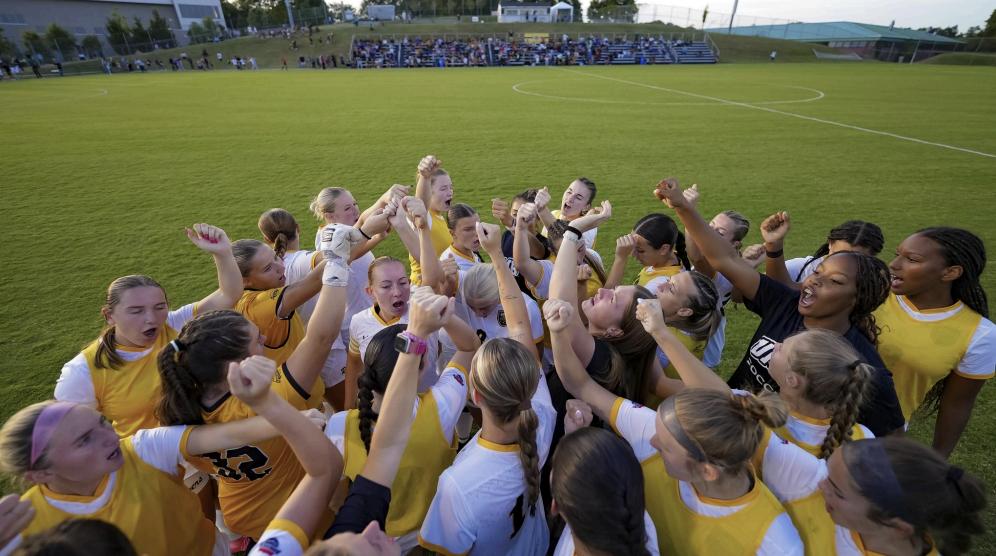The Graduate Labor Union (GLU) at University of Maryland, College Park led a coalition of academic laborers and labor organizers at a rally on Wednesday, February 7, in support of Maryland House Bill HB0493. University of Maryland, Baltimore County’s (UMBC) presence in the coalition is small, but growing.
The legislation, which would guarantee collective bargaining rights for all faculty, part-time faculty, postdoctoral associates, and graduate assistants within the University System of Maryland, Morgan State University, and St. Mary’s College of Maryland, has been stuck in the Maryland General Assembly for years. Activists are optimistic that this legislative session will be different.
Henry Hausmann, a graduate assistant at UMD studying Atmospheric and Oceanic Sciences, and a member of the UMD GLU organizing committee, says that this year’s coalition is enjoying more support from its potential beneficiaries, in addition to the fact that the United Auto Workers (UAW) union has started working closely with the academic labor group.
Rigby Phillips, a graduate assistant studying History and Library & Information Sciences, and the media contact for GLU, says that UAW has provided a full-time “lead organizer” to the group, and has paid a few graduate assistants for their part-time work as field organizers. These graduate workers are primarily led and trained, however, by their own organizing committee and volunteer graduate students.
On February 7, Steps away from the seat of Maryland government, upwards of 70 graduate assistants and faculty, along with labor organizers from UAW, were speaking to camera crews and to a crowd of supporters while carrying UAW signs containing statements in support of the bill.
Many legislators, including Senator Benjamin Kramer, Senator Jill P. Carter, Delegate Linda Foley–the sponsor of the bill–, and others, spoke to the crowd about the importance of unions in bettering the conditions of workers but also the quality of public higher education.
Tim Smith, Director for UAW-Region 8, was present to speak in favor of the bill. “We will not stop until [union rights] exist in Maryland,” said Smith.
Speakers at the rally revealed many of the issues facing academic laborers, including common threads of being unable to afford rising housing costs and childcare. As noted in the Retriever in December, UMBC’s graduate assistants are experiencing these issues acutely, with 58% of Chemistry Department graduate assistants reporting that they are struggling to afford their fees, and the majority of Physics Department graduate assistants reporting that they skip meals (69%) and avoid medical treatment (78%) due to insufficient finances.
The collective bargaining bill would, these groups say, enable academic laborers to sit down with administrators and adjudicate cost of living issues via a labor contract negotiated by both parties.
“Strong academic unions means better conditions for academic laborers,” says Justin Otter, a graduate student at Johns Hopkins University, whose graduate assistants successfully unionized in 2023. “Our union is stronger when your union is stronger.”
On February 13, HB0493 was heard in the House Appropriations Committee, with many testimonies from graduate students, faculty, union organizers, and others. Among those testifying was Jessica Burstrem, a fourth year Language, Literacy, and Communications PhD student at UMBC.
Burstrem, a 43 year old physically disabled mother of two, said that she is only able to continue to pursue her PhD because she has a spouse with a stable, flexible job with generous benefits. “I could never have afforded or succeeded in this way otherwise”.
Burstrem has served two graduate assistantships during her time at UMBC, often supplementing the teaching methods of faculty and performing duties typically reserved for faculty. “I am an asset to the University System of Maryland (USM). Without graduate assistants like me, the university could not function,” said Burstrem.
One UMBC student, Daniel Douglas, a graduate student in the Public Policy program and the chair of the Graduate Student Association’s Legislative Concerns Committee, says he plans on growing the UMBC graduate population’s presence in the push for collective bargaining rights.
“We have 10 members this year, which is better than it was last year,” said Douglas, continuing to articulate that most of those members are volunteers.
He wants to plan forums for graduate assistants to voice their concerns about their working conditions, and plans to continue to work with GLU on organizing around the advancement of the legislation this session.
“In short, I’m focused on making sure that if it doesn’t pass this time around, UMBC will have committed people for the long term,” said Douglas.
Nearly all of the opposition testimony heard on February 13 was delivered by administrators of various universities in USM, including UMBC. UMBC’s Interim Provost and Senior Vice President for Academic Affairs, David Dawaulder, testified that collective bargaining rights would trample the efficacy of existing “shared governance” policies within USM, including their allowance for local variation and direct consultation with differentiated constituencies.
The bill has been cross-filed in the Maryland Senate as SB0823, and will be heard in the Finance Committee at 1pm on March 7. Douglas reports that, among other graduate assistants, he will testify in favor of the bill that day.
Elijah Sharp is a Senior Political Science Major and Staff Writer at The Retriever.
Contact Elijah at esharp1@umbc.edu
